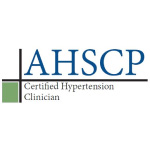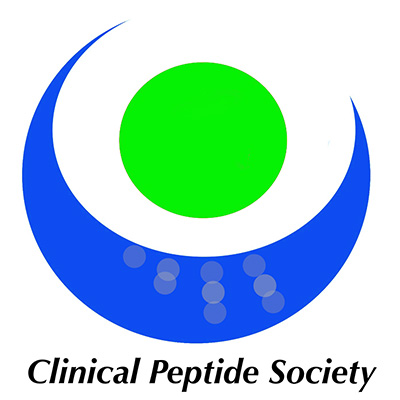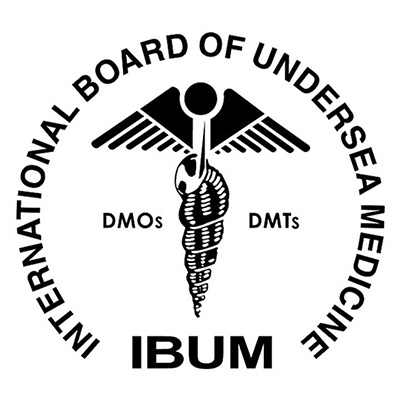What to Expect During the Menopause Treatment Process

Menopause treatment helps individuals manage the physical and emotional changes during this stage of life. Many experience symptoms such as hot flashes, mood swings, and sleep disturbances that impact overall well-being. These symptoms may interfere with work, relationships, and mental health without proper management. However, the right support and treatment plan can make this transition smoother.
Initial consultation and assessment
The first part of menopause treatment is the consultation. During this appointment, the provider reviews the patient's medical history, asks about current symptoms, and addresses any concerns. Identifying the most bothersome symptoms is the first step in developing an effective treatment plan.
To better understand the patient's condition, the provider may order blood tests to check hormone levels. These tests help determine if menopause is the primary cause of symptoms or if other medical conditions are contributing to the changes. The provider may also evaluate lifestyle factors, such as diet, exercise, sleep patterns, and stress levels, as these can significantly impact menopause symptoms.
Once the assessment is complete, the provider creates a personalized treatment plan based on the patient's unique needs. Treatment options may include hormone therapy, non-hormonal treatments, or lifestyle modifications to help improve overall well-being.
Hormone therapy options
Hormone therapy is one of the most common treatments for menopause symptoms. It involves supplementing the body with estrogen, progesterone, or both to help regulate body temperature, mood, and bone health. Since menopause causes a natural decline in hormone levels, replenishing these hormones can relieve many uncomfortable symptoms.
There are different forms of hormone therapy, including pills, patches, creams, gels, and injections. The provider determines the best option based on the patient's symptoms, medical history, and preferences. Though effective, hormone therapy is not for everyone. For example, individuals with a history of certain cancers, blood clots, or heart disease may need to explore alternative treatments.
Non-hormonal treatments
Non-hormonal treatments such as dietary and lifestyle changes can also help manage menopause symptoms effectively.
Dietary changes
Nutrition plays an important role in menopause management. Eating a well-balanced diet rich in calcium and vitamin D helps maintain bone health, as menopause increases the risk of osteoporosis. Avoiding caffeine, alcohol, and spicy foods may reduce the frequency and intensity of hot flashes. Staying hydrated and consuming whole foods can also help regulate metabolism and support overall health.
Exercise and physical activity
Regular exercise during menopause can help improve heart and bone health, elevate mood, and promote better sleep. For example, walking, jogging, or strength training can help maintain bone density and reduce the risk of fractures. Additionally, activities like yoga and tai chi can enhance flexibility, balance, and stress relief.
Medications for symptom relief
Non-hormonal medications are available to help reduce menopause symptoms. For example, some antidepressants have been found to lessen the severity of hot flashes and mood swings. Medications for high blood pressure may also provide relief for hot flashes in some individuals. These options are discussed with the healthcare provider to determine the best approach.
Herbal supplements and alternative therapies
Herbal supplements such as black cohosh, soy, and evening primrose oil have helped some find relief. Also, acupuncture, mindfulness practices, and relaxation techniques are additional alternative therapies that may help manage stress and improve overall well-being. However, herbal supplements and alternative therapies should still be discussed with a healthcare provider as their quality and effectiveness can vary, and they may interact with other medications.
Emotional and mental health support
Menopause can bring emotional changes, including anxiety, depression, and irritability. These feelings may result from hormonal shifts or the challenges of adjusting to a new phase of life. Emotional and mental health support is an important part of menopause treatment.
Therefore, a healthcare provider may recommend therapy, counseling, or support groups to help individuals cope with these emotional symptoms. Talking with others who share similar experiences can provide comfort and encouragement.
Self-care is also important, as practices such as mindfulness, meditation, and deep breathing exercises can also be beneficial. Engaging in hobbies, spending time with loved ones, and maintaining a strong support system can improve emotional well-being during menopause.
Follow-up appointments and treatment adjustments
Healthcare providers will need to monitor a patient's progress and adjust treatment when necessary during regular follow-up appointments. During these appointments, the provider may check hormone levels, discuss side effects, and suggest additional ways to manage symptoms. Patients should voice concerns, as this helps providers improve treatment effectiveness.
Moving forward with confidence
The menopause treatment process should help individuals manage symptoms and improve their quality of life. By staying informed and working closely with a healthcare provider, individuals can feel empowered and prepared to navigate this stage of life with confidence. If you or someone you know is struggling, call today to learn more.
Request an appointment here: https://www.lasvegasmedicalinstitute.com or call Las Vegas Medical Institute at (702) 577-3174 for an appointment in our Las Vegas office.
Check out what others are saying about our services on Yelp: Menopause Treatment in Las Vegas, NV.
Related Posts
Total body composition assessments offer a complete picture of health, including more than weight alone. At a wellness center, this approach allows for individualized health strategies that reflect real progress. Patients who prioritize measurable improvements and functional outcomes can benefit from understanding how their bodies are truly performing. Here are five reasons to consider Total…
Microneedling treatment is a popular, non-invasive procedure designed to rejuvenate the skin and address fine lines, acne scars, uneven texture, and enlarged pores, among other concerns. This minimally invasive treatment stimulates the skin’s natural healing process and promotes collagen production, resulting in a smoother, firmer, and more radiant complexion. Knowing what to expect before and…
People may receive low testosterone treatment if they are experiencing a variety of physical, emotional, and mental health changes. Testosterone is the primary male sex hormone that regulates numerous bodily functions. When testosterone levels decline, the effects can manifest in several ways and can interfere with your daily life and overall well-being.One of the most…
Botox® has become a widely recognized treatment for reducing wrinkles and achieving a more youthful appearance. This popular cosmetic procedure involves injecting a purified form of botulinum toxin into targeted areas of the face to temporarily reduce the appearance of fine lines and wrinkles. Botox has gained popularity not only for its cosmetic benefits but…














